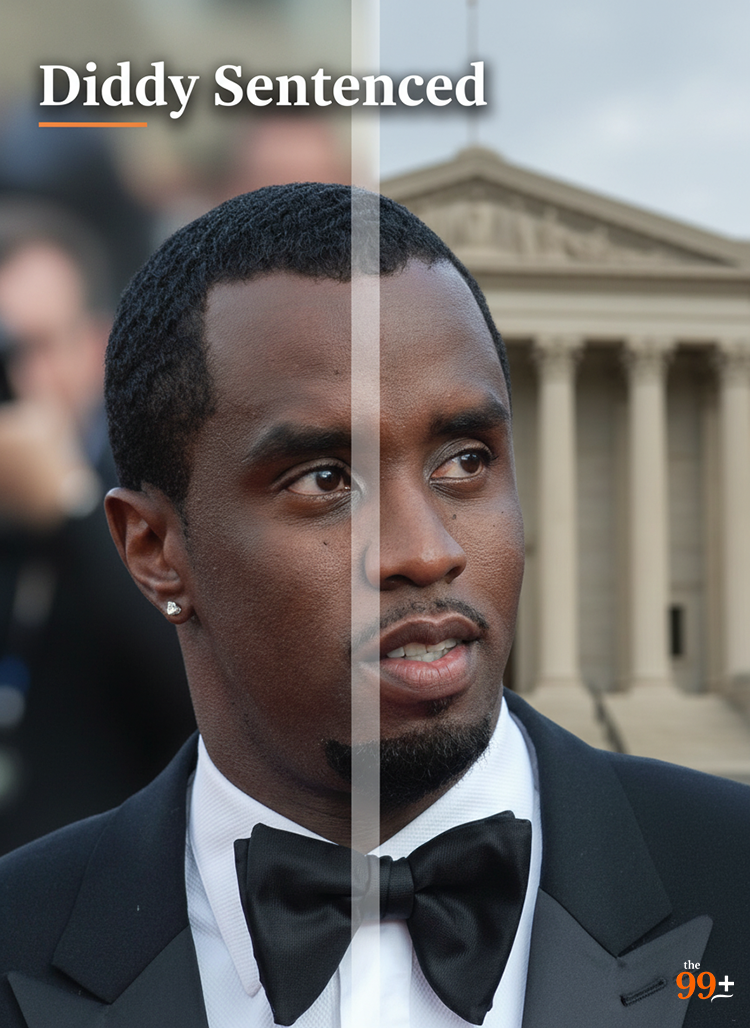Sean “Diddy” Combs sentenced to 50 months in federal prison
- Sean

- Oct 27, 2025
- 2 min read
On October 3, 2025, Sean “Diddy” Combs was sentenced in Manhattan federal court to 50 months in prison following convictions earlier this year on transportation-related counts connected to prostitution. The judge also ordered five years of supervised release and a $500,000 fine. Jurors had acquitted Combs on the more severe racketeering and trafficking charges, but the transportation convictions nevertheless led to a custodial sentence. His legal team has stated publicly that an appeal is forthcoming.

This is not simply a high-profile court story; it is a development with immediate consequences for the music business. Combs’s role in the industry goes beyond his status as a performer: for decades he has operated labels, festivals and brand partnerships that intersect across markets. A sentence of this scale triggers practical reactions — contractual reviews, reputational assessments and operational planning — from partners who work with his businesses.
For industry stakeholders the questions are concrete. Promoters and festival organisers will consult counsel and review clauses that relate to morality, force majeure and reputational risk. Brands that currently license or partner with Combs’ properties will assess their exposure and messaging. Labels and rights holders tied to projects or catalogue stewardship may begin contingency planning while legal proceedings continue. Those are predictable, business-level follow-ups that often follow major legal rulings involving executives who remain commercially central.
For the public and the culture, the case sharpens wider conversations about accountability in entertainment. Social feeds and opinion columns have already taken up the debate; some commentators frame the sentence as a test of institutional accountability, while others focus on the individual legal arguments and the appeal process. At 99 Pluz we will not conflate comment with fact: our reporting will stick to court filings, official statements and reputable reporting.
What to expect next — and why it matters
The most likely immediate actions are formal motions and the commencement of an appeals process. Those filings will be public and become the primary sources for subsequent coverage. Separately, commercial partners may issue statements or quietly reassess contracts. In many cases the effect is not a single headline but a cascade of small business decisions — postponements, revised PR plans, or contractual windows being exercised.
It’s also worth noting how public opinion and commercial decision-making interact. News like this often produces rapid social commentary; those conversations, amplified by platforms and influencers, can influence brand choices and festival programming. That dynamic does not replace legal fact, but it does shape the practical environment in which rights holders and promoters operate.
How 99 Pluz will cover this story
Our immediate coverage will remain evidence-first: we will publish a plain-language timeline of the public filings and court events, and we will produce an explainer about the likely industry impacts — what festival programmers, brands and labels typically consider in episodes like this one. We will update the article as new, verifiable information emerges: filings, official statements from counsel, or formal announcements by partners.
We will not publish rumours, leaked private communications or unverified claims. Instead, 99 Pluz will track the documents and statements that are on the public record and provide clear context so readers understand both the legal facts and the practical implications.
(We will maintain a live timeline and linked source list for readers to follow developments.)







Comments